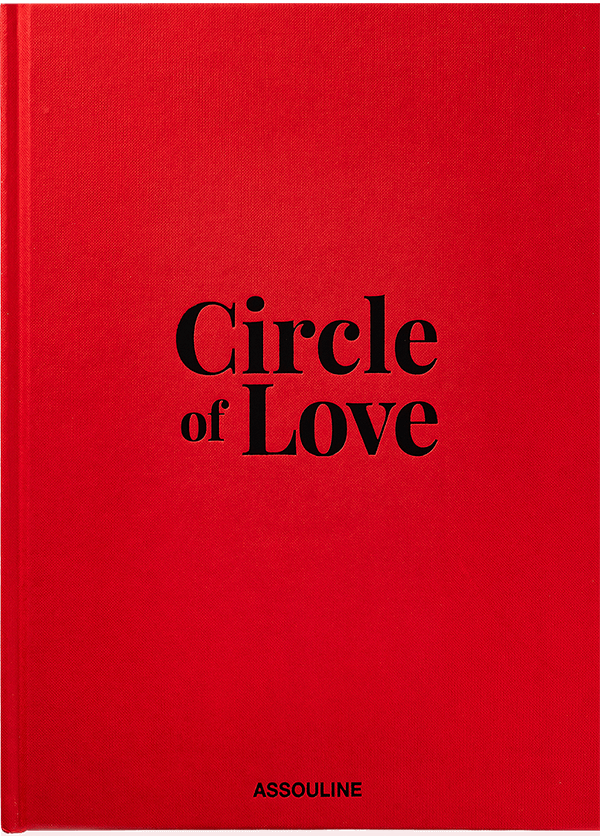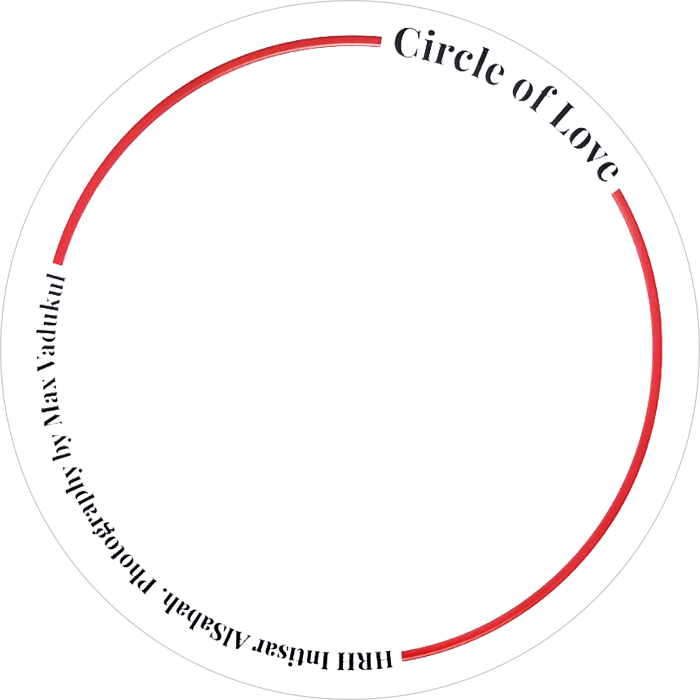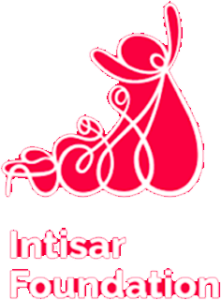X


Max Vadukul is a Milano-based contemporary photographer noted for his art reportage photography and his signature black-and-white portraiture style.

“In conflict zones, Arab women face not just physical dangers but also systemic disempowerment,often experiencing gender-specific violence like sexual assault and forced marriages.
Humanitarian aid helps but isn’t a long-term solution.
The key is empowerment from within, focusing on education and mental health tailored to their specific traumas.”
How do you manage to convey women’s stories so strongly and truthfully through the medium of art photography?
For 39 years, my camera has been my tool to uncover the hidden layers of my subjects, especially women. But make no mistake, the camera isn’t an X-ray machine, it’s a partnership between me and the sitter. We work hard to capture not just beauty, but resilience, empowerment, and raw emotion. Every shot is a collaborative tale told, every frame is a co-authored truth.
While working on the Circle of Love book by the Intisar Foundation, you created “typical Vadukul portraits” of the featured women, meaning emotionally strong images. What do you remember from this work?
In capturing the women for the “Circle of Love” book, I traversed cities from London to Kuwait City, and New York to Milano. The women were archetypal—multifaceted like Vishnu, juggling roles yet still finding joy. Conversations preceded any shutter click, grounding the photos in shared understanding. Each portrait, then, became an unforgettable imprint—not just of their face, but of the joy and complexity defining their existence.
“Art can be an impactful tool for awareness.
While I may not change the world, my projects ignite conversations.”
In addition to working with us, you are also involved in many philanthropic projects. Please tell us more about them. What is the best way to use art as a tool for raising awareness for different causes?
I work across various genres—portraiture, fashion, and journalism, notably with The New Yorker. Since 2018, my focus shifted towards impactful projects, beginning with a carte blanche assignment in Mumbai on human pollution. This evolved into “The Witness Climate Change” which was showcased in Milano’s Fondazione Sozzani gallery for three months. The exhibit sparked discussions on environmental conservation through my ‘art reportage’ approach.
Art can be an impactful tool for awareness. While I may not change the world, my projects ignite conversations. For instance, a mysterious “Orb” in my climate change series drew the public into dialogue about its true context, making them more engaged.
Currently, I’m negotiating a global project and am also considering a series on acid attack survivors in India, aiming to provide them dignity and a platform. Additionally, I’m in talks with Italian medical professionals about a heart-breaking project focused on children with cleft lips.
Each project, in its own way, seeks to raise awareness and stir the conscience of its audience.
“I first met HH Sheikha Intisar and her team in Milano.
Over weeks of discussion, the concept of “Circle of Love” was born.
I must commend the Sheikha’s team, they made an intricate project appear seamless.”
What is your opinion on the Intisar Foundation’s work? What goals would you like us to achieve in the future?
I first met HH Sheikha Intisar and her team in Milano. Over weeks of discussion, the concept of “Circle of Love” was born. I must commend the Sheikha’s team, they made an intricate project appear seamless.
As for the Intisar Foundation’s future goals, the post-2020 world is one of seismic shifts. The geopolitical balance has tilted towards BRICS nations and the global south, now boasting not only more substantial populations but also greater collective wealth than the Western world. Their sheer manpower is unmatched, and this changes the game.
In this new landscape, the Intisar Foundation has enormous work ahead, particularly in bolstering women’s and children’s education. The COVID-19 pandemic has exacerbated inequality, making the Foundation’s mission ever more urgent. However, the key to societal progress is not merely external initiatives, internal reflection is just as vital. Humanity’s primary challenge is its unwillingness to confront its flaws. The path to a better society starts within, become your own best friend, and a lot of problems will dissipate.
What do you consider to be the most pressing challenges faced by Arab women today/in 2023, especially those affected by war and violence?
In conflict zones, Arab women face not just physical dangers but also systemic disempowerment, often experiencing gender-specific violence like sexual assault and forced marriages. Humanitarian aid helps but isn’t a long-term solution. The key is empowerment from within, focusing on education and mental health tailored to their specific traumas. A seat at the table in peace talks and reconstruction is vital. Addressing deeply-rooted gender biases is crucial for lasting change.
What would be your top three pieces of advice for Arab women in 2023?
In an ideal world, advice could be universal, but given the specific struggles Arab women often face, especially in regions affected by conflict, these might be the top three pieces of advice for 2023.
Self-education
Given the limitations that can be imposed on women’s access to education in conflict zones or conservative settings, leveraging online resources can be a lifeline. Knowledge is empowering, and self-education can offer not just academic but also emotional and psychological tools for survival and growth.
Networking for support
Building a strong community, either in person or digitally, can provide a safety net. A support network isn’t just for emotional backing but can open doors for opportunities, whether it’s for a job, education, or activism.
Speak your truth
Many times, Arab women are side-lined in discussions about their own futures, whether it’s peace talks or family decisions. Finding a way to voice opinions safely can be transformative. Even if it’s through anonymous platforms initially, speaking up can not only bring personal liberation but also inspire others to follow. Each of these points encourages self-reliance, collective strength, and personal agency, crucial elements for navigating a complex and often challenging environment.

Officially registered as a humanitarian organisation with the Charity Commission for England and Wales in 2019, Intisar Foundation is the first charitable organisation in the Middle East dedicated to providing psychological support programmes of drama therapy to Arab women affected by the brutality of war and violence.
Intisar Foundation
McCarthy Denning, Suite 102,
70 Mark Lane, London, EC3R 7NQ
UK Registration Charity Number: 1182384
Leave a Reply